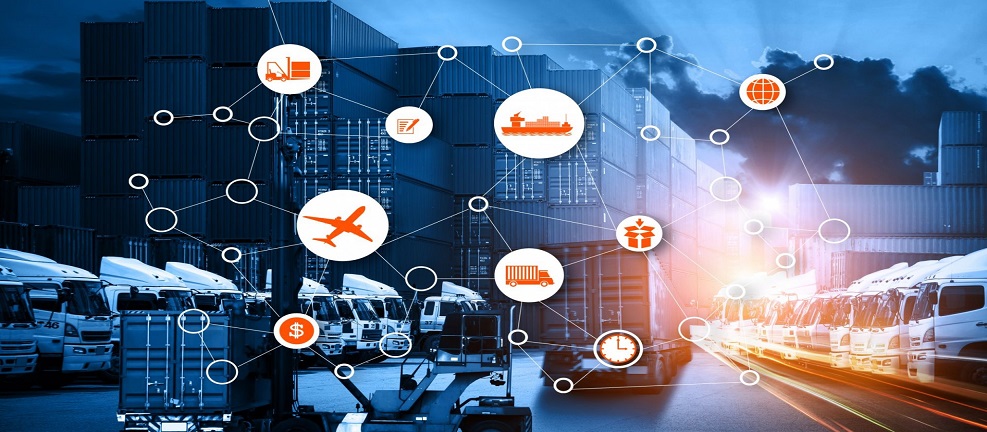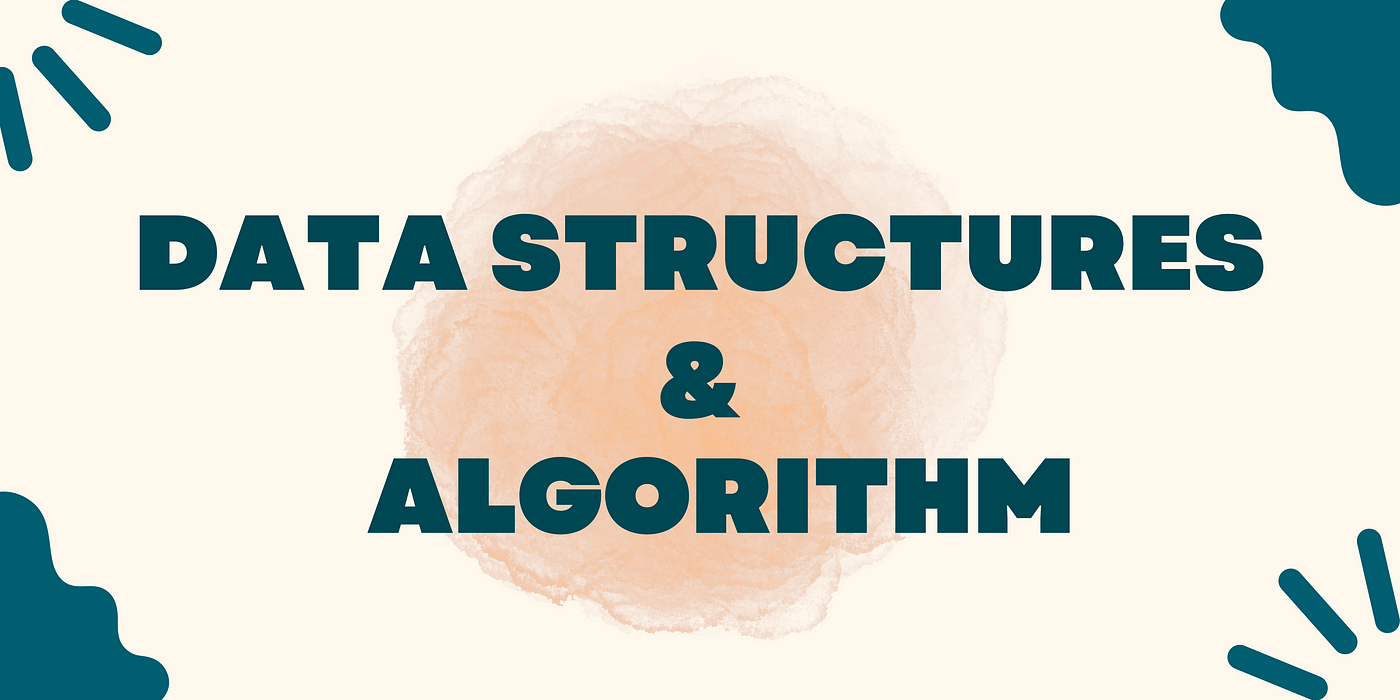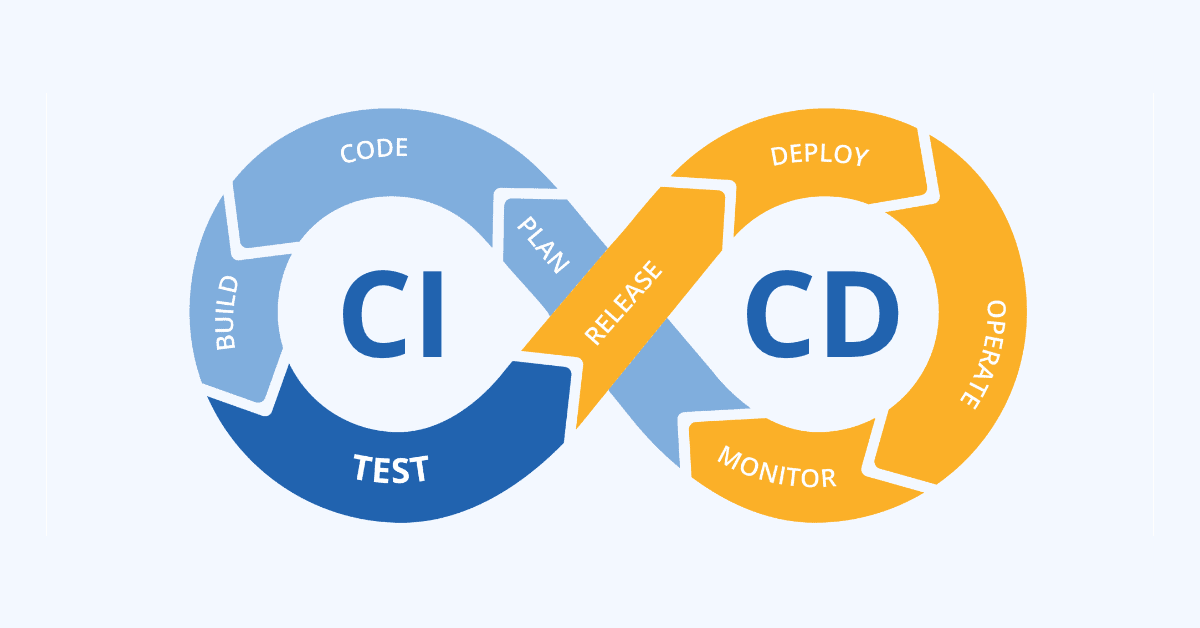The rapid advancements in Information technology and Industry 4.0 technologies are making strong impacts in every field and supply chain management is at the forefront of its adoption. Let us examine some emerging trends driven by technology and non-technology factors that can transform supply chain management.
What Is a Supply Chain Management?
The term ‘supply chain’ indicates the process of manufacturing or sourcing and supplying the product to the end consumer. The supply chain encompasses several functions, beginning with the procurement of raw materials to their transformation into final products, and ending with the distribution of finished products to the end consumer.
We must note that supply chain management is different from logistics which refers to only the transportation and storage of goods whereas the former is a more exhaustive process that comprises sourcing raw materials or finished products, manufacturing, storing, transporting, selling, and distributing products. Precise planning and total visibility of the supply chain are key to the success of the business.
Key Innovations and Transformations in the Supply Chain Management
Innovations and adoption of various technologies in supply chain management can transform your supply chain management, in turn, your business. We will dive into some of the key innovations and technologies in the rest of this blog.
Digitization
Digital technology enables businesses to reshape processes within supply chain operations for better efficiency and profitability. This allows businesses to automate supply chain processes, which enhances productivity by reducing time and human errors. Digitization of supply chain processes also helps businesses to streamline all supply chain operations and centralize them in one place for better visibility and efficient management. This is relevant for all types of businesses, but it is more critical for e-commerce and online businesses to allow them to embrace omnichannel marketing and selling.
Cloud Computing
Cloud computing allows organizations to access infrastructure and technology tools from one place to accelerate operations and improve visibility. It also helps organizations achieve efficiency, reduce initial and recurring costs and deploy new applications. While the benefits of cloud computing apply to any business, it is the e-commerce, online businesses, and companies offering products as a service that gains the most. It facilitates the reduction of carbon footprint emission reduction. A study by McKinsey indicates that companies will have 60 percent of their environment in the cloud by 2025.
The Internet of Things (IoT)
The power of IoT technology can be gauged from the latest available statistics indicating that there are around 7.74 billion connected IoT devices in the world. The IoT enables supply chain management by tracking product location and the movement of shipments in real time, improving demand planning, and providing vital insight into customer behavior. Developments in technologies in sensors are offering innovative methods to streamline supply chain management.
Autonomous Vehicles
The term “autonomous vehicle” refers to any machine that is able to move, either on its own as controlled by software or remotely controlled by a human operator, in order to complete assigned tasks. Autonomous vehicles include machines, from drones to huge oceangoing ships that are used to transport goods and materials within the manufacturing and warehouse floors and in public. Autonomous vehicles because of their ability to make decisions and act on their own help supply chains respond faster and more nimbly to customer demand and enhance productivity.
Artificial Intelligence (AI) and Machine Learning (ML)
The use of AI and ML in all processes across industries has been on the rapid rise and it helps businesses, like in other processes, enhance operating efficiency in the supply chain by automating various manual processes. Supply chain management solutions powered by AI and supported by ML can help organizations automate manual repetitive tasks and solve complex supply chain problems.
Autonomous Robotic Process Automation (RPA)
RPA automates routine and mundane tasks, helping organizations save time, expenses, and resources while increasing accuracy. The use of robotics together with autonomous vehicles, and artificial intelligence enables businesses to significantly improve productivity and efficiency while reducing costs and enhancing customer experience.
3D Printing
3D printing, aka additive manufacturing, allows businesses to make parts quickly and efficiently. This essentially helps businesses make their supply chains efficient by reducing lead times and costs. Many companies are already using 3D printing tools to overcome many of the external hiccups in product development and procurement.
Blockchain Technology
Supply chain management is an area where blockchain technology is increasingly being used now, to provide better visibility into data and transactions. This technology improves tracking of product movements, inventory management, and payments. It also improves security and saves costs by minimizing paperwork and reducing transaction costs.
Virtual Reality & Smart Glasses
The combination of any or all forms of realities such as Virtual, Augmented, or Mixed along with Smart Glasses support supply chain operations through innovations in product and process design, virtual collaboration, and experienced-based learning. These technologies and hardware enables an interface between human and computing and allows users to display and analyze contextual information to efficiently smoothen various processes in manufacturing, logistics, field services, maintenance, inspection, and operations.,
Concluding Note
Advancements in technologies have a positive impact on various operations including the supply chain. Adoption of the latest technologies in supply chain management allow businesses to manage delays and restocking issues and ensure that their supply chains are smooth and efficient. These technologies can reduce the complexity of their processes while delivering a better customer experience.
Small to medium manufacturers may find resources and talents a hurdle to adopting these technologies in their supply chain management, but ignoring them can be detrimental to the growth of your business. The best option for you is to get the required technologies adopted through Open Talent Platforms that offer the best talent in the relevant field, but at a lower cost and without the need to commit to talents permanently.




